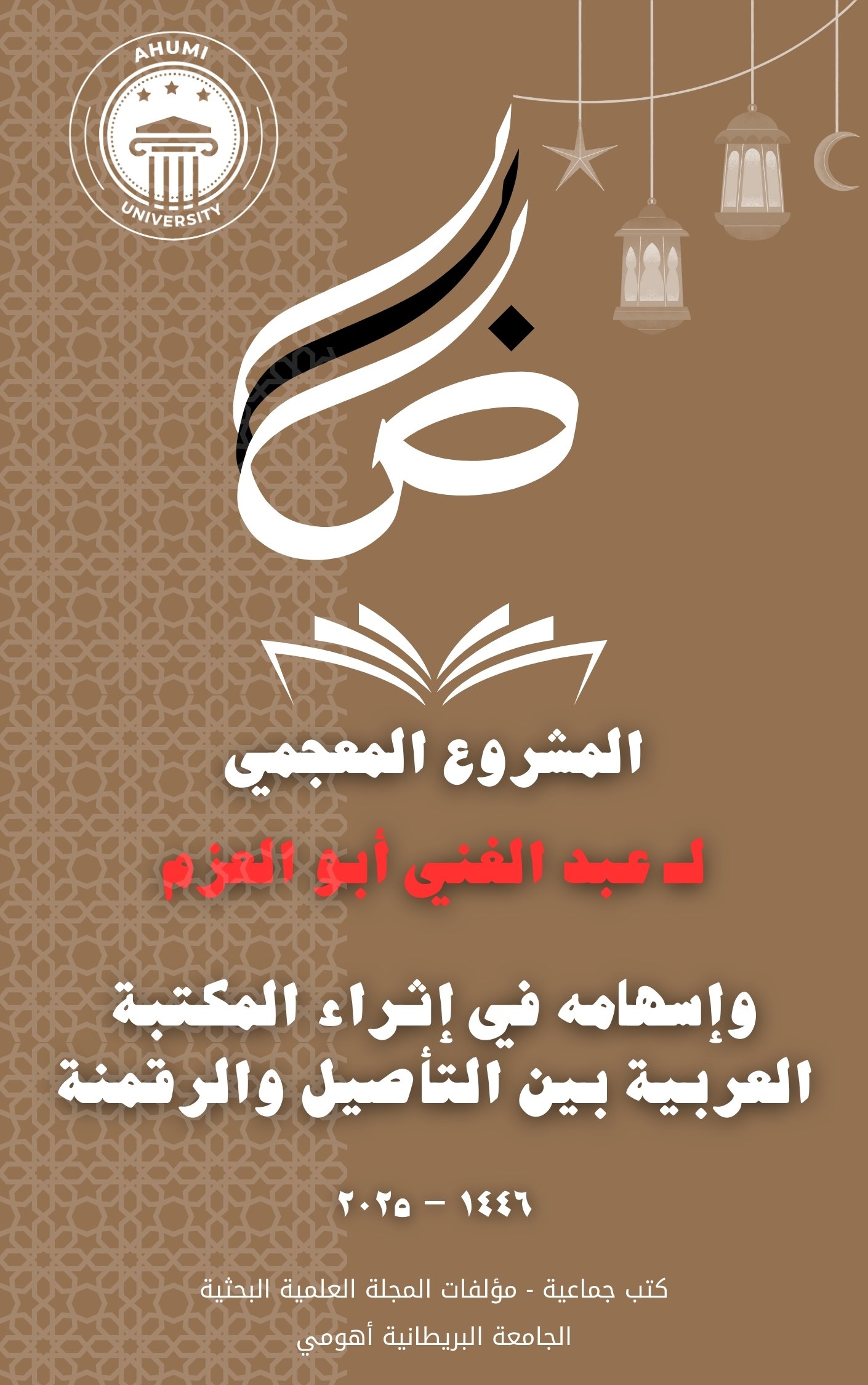
About the Journal
The Scientific Research Journal (SRJ) is a peer-reviewed scientific journal issued . It is concerned with the human, social, legal, Sharia, administrative and financial sciences, in addition to other specializations. It is located in the Syrian Arab Republic with international orientations, to provide scientific arbitration services, accredited publication of academic scientific promotion research, and scientific publishing to fulfill the requirements of Graduation with master's and doctoral degrees, in a way that makes it easier for researchers (time and money) according to solid scientific standards (see more).
Current Issue
Scientific research journal SRJ| Multidisciplinary | peer-reviewed scientific journal | Quarterly




